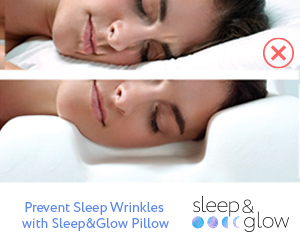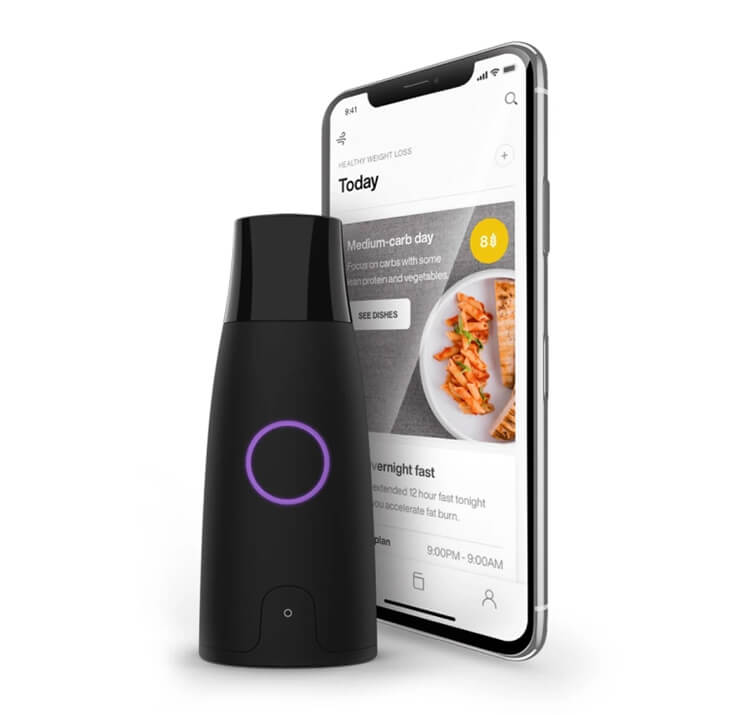Healthy, shiny hair is a sign of good health and a symbol of youth, and with just a few tweaks we can achieve incredible changes. At the same time, unhealthy hair may be a sign of nutritional deficiencies, underlying health issues, or hormonal imbalances. Paying attention to our hair can help us stay healthy while giving us the confidence we wish to project. Here are some important things to know about your hair and how it might be aging you.
Your Appearance’s Impact on Confidence
How we see ourselves in the mirror has a tremendous impact on our outlook, feelings, confidence levels, and even our mood. How we feel can also show in our outward appearance. Unhappy or depressed people sometimes take their health and appearance for granted. Some claim that appearance, whether it be fashion or personal, is frivolous. This simply isn’t true.
Our appearance has a direct impact on how we feel. Looking our best can build self-confidence and even make us feel more energetic and attractive. Aside from appearance, neglecting personal health, including the health of our hair, can lead to long-term health problems. How we look can indicate internal health issues.
Frizzy Hair Can Age You
As we age, hair becomes dry and brittle due to a lack of oils in the scalp, hormonal changes, and hair that is less nourished. Plus, gray hair is a completely different texture than our “normal” color hair and tends to be courser with less shine and curl.
Habits to Protect Your Hair
It may take a little effort, but there are healthy habits that you can do to help hair become more nourished and less frizzy.
Support Your Thyroid
The thyroid is responsible for the manufacturing of certain hormones that are associated with hair growth. When sluggish, your thyroid produces less of these, which can affect the quality of your hair. Talk to your doctor about getting your thyroid checked, or look for thyroid-supporting supplements in your local health food store.
Keep Your Hair Shorter
Sometimes frizzy hair is simply the result of dry ends. Keeping your hair shorter and more manageable will keep it healthy looking.
Eat Enough Protein
Be sure you are consuming enough high-quality protein. As we age, our bodies require more protein to keep up with the process of collagen production and tissue repair (even on the scalp).
Hair Oil Treatments
Use an oil treatment once or twice a week. This can be a hot oil treatment to condition your hair or one that you massage in, like castor oil, Brahmi oil, or coconut oil. Leave it in for a few hours or overnight and then wash and rinse.
Brush Your Hair Differently
Brush your hair while holding your head upside down at least three times each week. This helps bring blood flow to the scalp, which brings more nutrients and oxygen to nutritionally deprived hair.
Prevent Heat Damage
Be careful with blow-drying and using straighteners and curling irons on a regular basis. The heat will cause permanent damage to the hair structure.
Use Natural Hair Coloring Products
Hair color can be very harsh and damaging to hair. Try to look for natural alternatives to color your hair without the use of ammonia.
Try Platelet Rich Plasma
Platelet Rich Plasma (PRP) is derived from your blood and injected into your scalp. This treatment helps combat hair loss, increases hair growth, and completely changes the quality of your hair.
Learn How To Better Manage Menopause Symptoms Today
Some women find that their hair loses volume and length after menopause. This is because menopause causes your estrogen levels to decrease. Estrogen is a hair-friendly hormone that helps to keep your hair in its growth phase for longer. You may also find that your hair breaks and becomes more frizzy and brittle after menopause. Fortunately, there are ways to manage this disruption. Check out the Age Defying Video Program to learn what you can do to manage menopause symptoms effectively.










